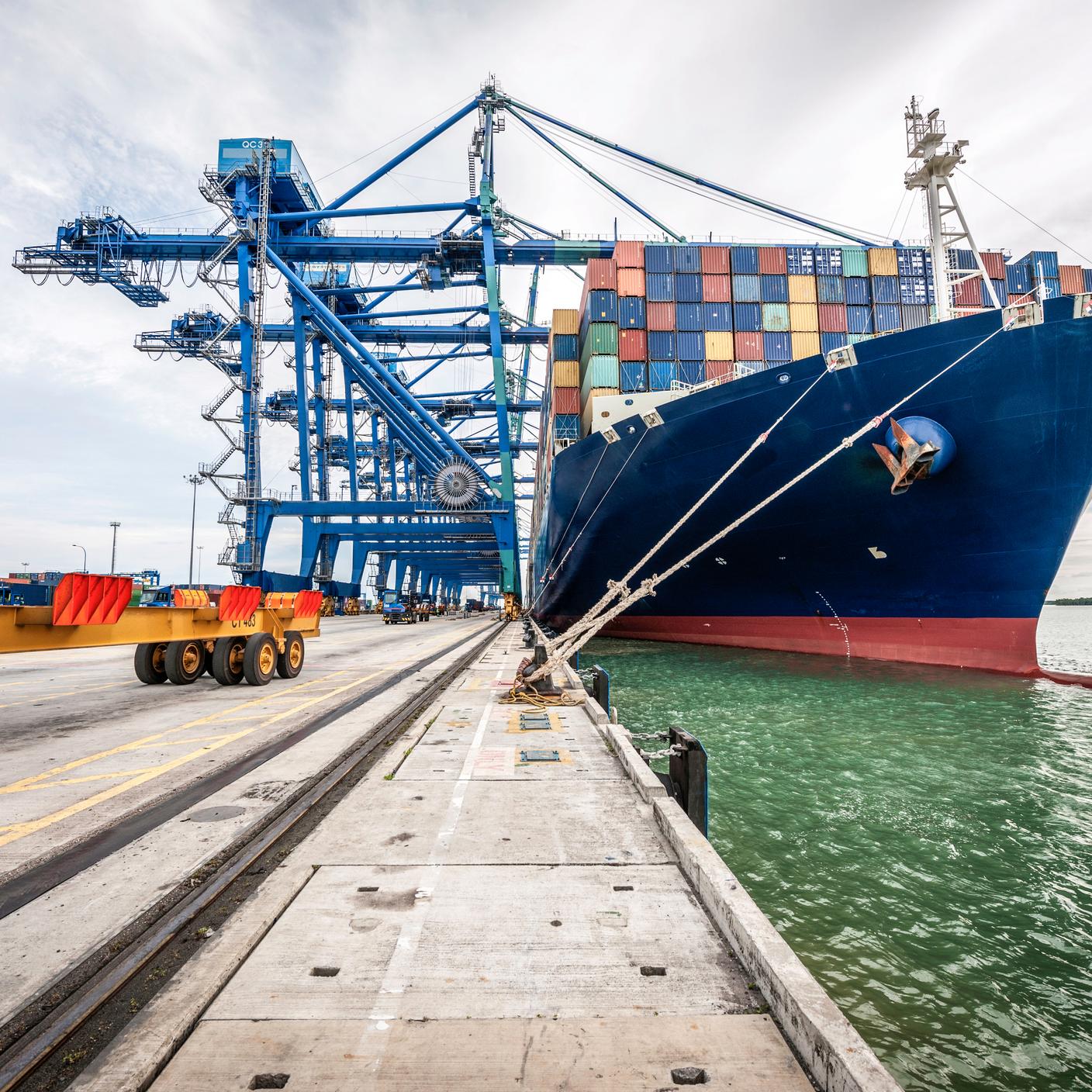It's not over yet: supply chain problems are set to continue
Supply chain disruptions are expected to persist in 2023 due to geopolitical conflicts, inflation, recession, climate change impacts, and unforeseen issues. These disruptions may lead to delays, reduced availability, price hikes, and other concerns.
Amid this complex landscape, navigating the challenges is key to safeguarding supply chains. This article examines 2023's supply chain threats and offers strategies for resilience, enabling organizations to establish secure supply chains in a dynamic business environment.
Ukraine war
The ongoing war in Ukraine and the lingering effects of the COVID-19 pandemic have created significant disruptions in the global supply chain. Businesses worldwide face challenges in accessing goods and maintaining smooth operations. The supply chain crisis, compounded by geopolitical risks and energy and food insecurity, has impacted various sectors, with manufacturing being acutely affected. The war's consequences has also increased the need for alternative energy sources, driving the exploration of renewable and diversified options.
To prepare for this, businesses can enhance resilience by diversifying energy sources, building partnerships with reliable allies, and being proactive in preparing for extreme weather events to minimize disruptions and ensure the continuity of their supply chains.
Modern slavery
Modern slavery remains a daunting challenge for UK supply chains, with millions of people trapped in forced labour worldwide, impacting goods and services we use daily. As slavery can hide at various stages of the supply chain, it becomes essential for businesses to actively track and address this threat.
Companies can confront this issue by proactively adopting technical sourcing, vetting suppliers, and setting anti-forced labour guidelines. Governments and collaborations with NGOs and trade unions can enhance these measures, safeguarding vulnerable workers and promoting an ethical economy that eradicates exploitation, ensuring responsible and ethical production.
Labour issues
Persistent labour shortages and supply chain disruptions continue to challenge businesses, affecting the flow of goods and services. Ongoing material scarcities and a changing labour landscape have led to significant costs and workforce reductions.
To address these issues, organizations can embrace technology like robotics and blockchain, while also prioritizing fair pay, advancement opportunities, and positive company culture to attract and retain employees. By implementing these strategies, supply chain professionals can mitigate the impact of shortages and disruptions, ensuring client satisfaction and a more resilient industry.
Cyberattacks
Cyberattacks, driven by increasingly sophisticated hackers and organized crime, pose a major threat to businesses, as nearly half have suffered from fraud or economic crimes in the past two years. These attacks exploit digital platforms and e-commerce, resulting in significant financial losses.
Hackers and cybercrime groups pose significant external threats, amplified by the pandemic-driven rise in remote work and digital transactions. With increasing digital dependence, proactive cybersecurity is vital to defend against attacks, ensuring protection for businesses and clients. To respond, fresh strategies, pinpointing product vulnerabilities, balancing user experience with fraud prevention, and monitoring data for signs of attacks are suggested.
Sustainability
The focus on supply chain sustainability arises from increasing legislation and consumer demand for environmentally and socially responsible practices.
A sustainable supply chain integrates practices across all stages, covering environmental standards like pollution and social standards like fair labour. While terms like "green," "ethical," and "responsible" supply chains are akin, they emphasize distinct aspects. Sustainable supply chains are essential for meeting consumer expectations, investor preferences, addressing climate change, building resilience, and complying with laws.
To ensure sustainability, businesses can assess risks, collaborate with suppliers, promote transparency, adhere to codes of conduct, provide training, diversify suppliers, use technology, form partnerships, seek improvement, comply with laws, educate consumers, and invest in innovation. These steps help create an ethical, responsible, and eco-friendly supply chain.
Legislation
New legislation is reshaping supply chains, requiring businesses to adapt and prevent legal threats. Laws like the Modern Slavery Act, Companies Act, EU Accounting Directive, and Environment Act address procurement and supply chain management. They demand transparency, ethical practices, and reporting on various aspects.
Embracing digital waste tracking, improving waste management, and aligning public procurement with regulations are a few essential steps for compliance and resilience in the evolving legal landscape.
Preparing for a sustainable future
Supply chain operations often encounter unpredictability due to ongoing challenges, with potential future pressures looming. However, in the middle of these diverse threats, organizations can seize opportunities to delve into their supply chains comprehensively.
By enhancing supply chain protection, adapting processes for climate change resilience, combating forced labour for human rights, and harnessing digital transformation, businesses can not only weather these challenges but also propel towards a more sustainable and thriving future.





